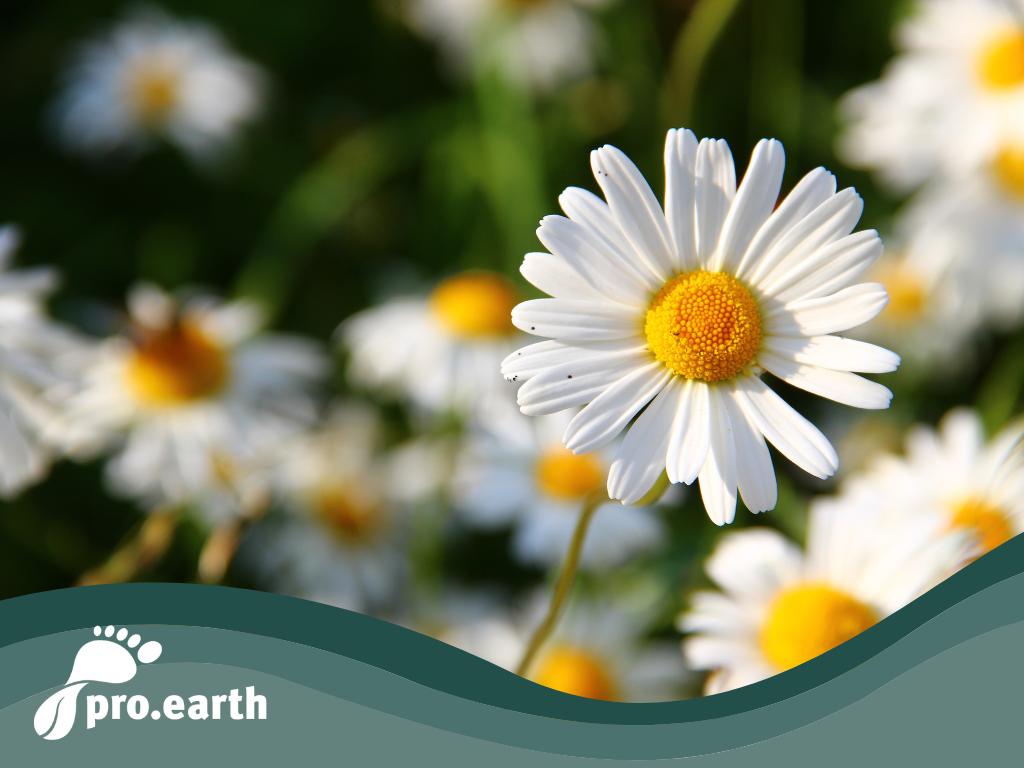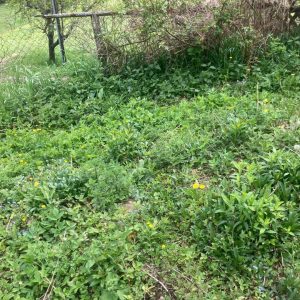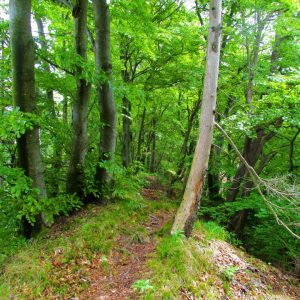A hymn to the millennial - 4 reasons why we should leave it standing

Today we would like to finally give Bellis perennis, better known as the daisy, the stage it deserves.
Especially after the long rain it sprouts in large numbers and our meadows are full of the adorable little white stars with their yellow moon faces... it's not hard to recognize - I love daisies and am happy when they smile at me from the lush green.
Nevertheless, there comes a day when it is mown down, but the very next day it is back in place and beaming at me.
But it has to be said that not everyone has such a romantic relationship with these sweet bundles of joy.
Lovers of English lawns, for example, cannot be moved by the sight of the lady flower. From their point of view, it is a weed to be fought with all their might.
The daisy is food for many insects
This information probably comes as no surprise. As the flowering period of the small nectar pot is almost unsurpassed, it provides a stable source of food for bees and other insects.
The daisy can also be the delicate icing on the cake for delicious human dishes
If you don't want daisies in your garden, you can also eat them - although you shouldn't eat them in large quantities.
As a tasty, nutty eye-catcher on salads, soups, spreads or simply on sandwiches, it is simply delicious.
The daisy is a stable meadow substitute in difficult garden areas
If you give daisies a chance in the meadow, you will see that they are a robust and pretty lawn substitute.
The daisy as a healer
Named medicinal plant of the year in 2017, it offers reliable help for digestive problems, headaches, respiratory disorders, menstrual cramps and skin diseases.
Its tea, for example, is said to have an expectorant, analgesic, blood-purifying and digestive effect.
Preparation: Simply pour 200 ml of boiling water over a tablespoon of flowers and leave to infuse for ten minutes.
pro.earth conclusion:
It is perhaps important to mention that caring for daisies does not mean that you should not mow them - the opposite is the case. They multiply with regular cutting and more easily in short-cut meadows because they absolutely need light. 💚






